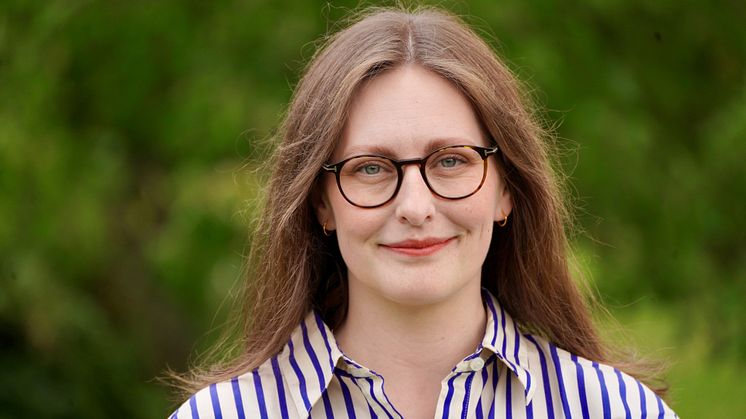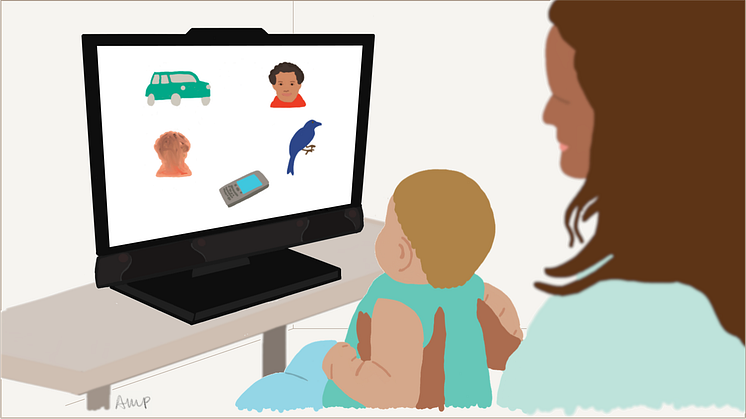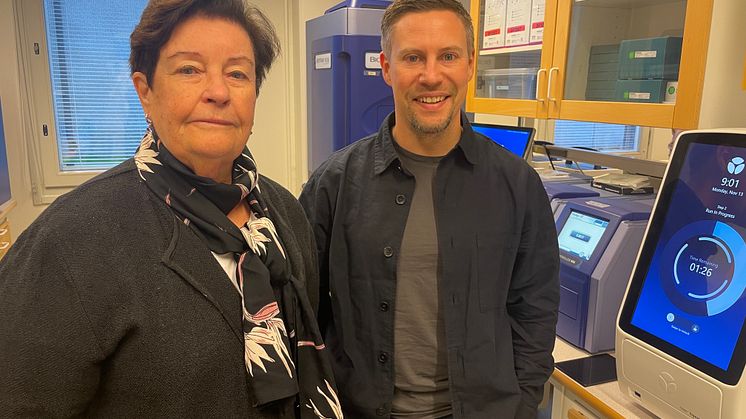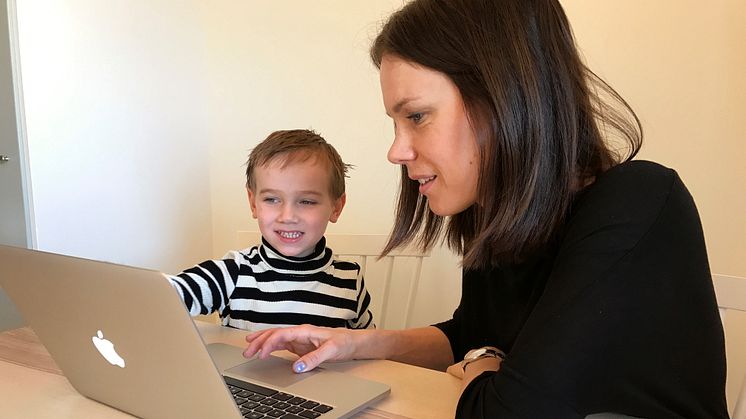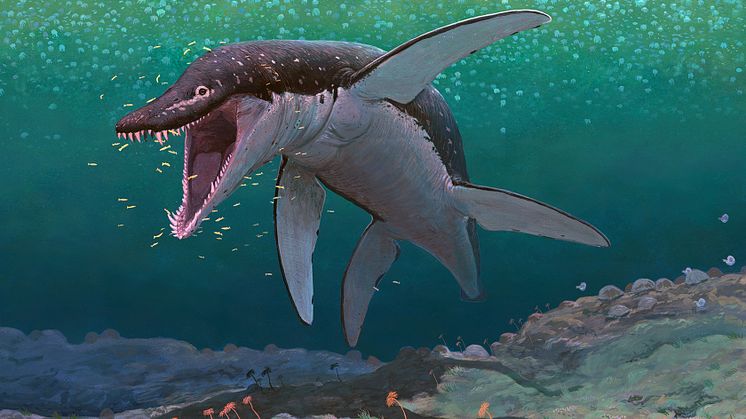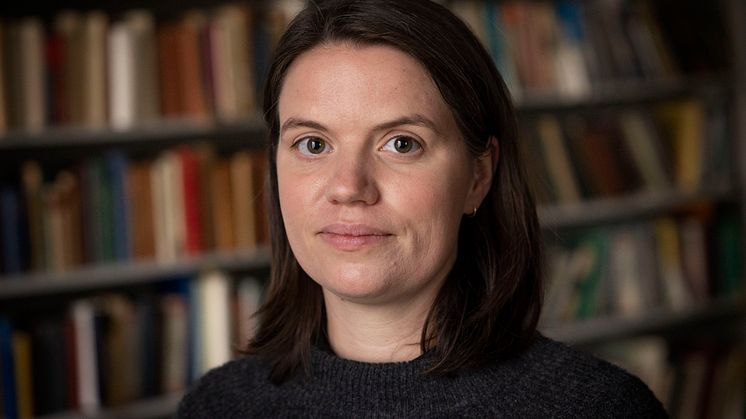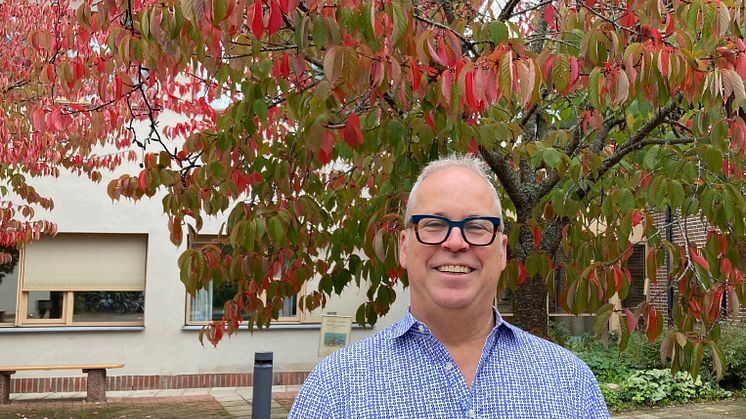Many more infected by TBE virus than previously known
The number of infections by the tick-borne TBE virus that are not detected by health services is far higher than previously assumed. This has been shown in a new study of Swedish blood donors from Uppsala University and the University Hospital in Uppsala. The results have been published in the journal Eurosurveillance, which is associated with the EU’s Centre for Disease Prevention and Control.


